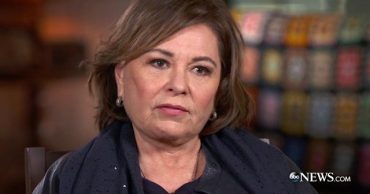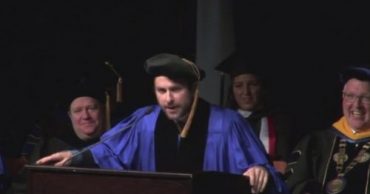It’s been over a year since the ending of Better Call Saul and it capped off one of the greatest shows ever made. During that final season came the death of Nacho Varga (Michael Mando) in the episode of Rock and Hard Place. Admittedly, Nacho Varga’s death wasn’t a big surprise. Since the beginning, his character was pretty much marked for it. He was always important enough to stay alive, but he was never in the same stance as Gus Fring (Giancarlo Esposito) or Lalo Salamanca (Tony Dalton).
Still, that didn’t make his final moments less powerful. Even though the plan was for him to escape the difficult situation, it was only a matter of time before Nacho died because he was nothing more than a sacrificial pawn. Strangely, Nacho was more of the heart of the series. He was never fully a bad guy. Perhaps an anti-hero is a better term. He was just a man caught in a situation that went way above his head. His death was easily the most heartbreaking moment of the entire series.
The Series Focused On The Humanity Of Nacho Varga
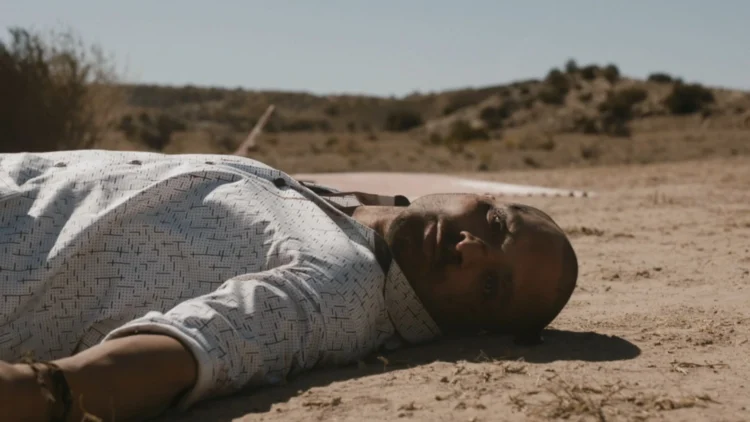
Interestingly enough, Nacho Varga was originally penciled in as the season one big bad. However, that ultimately went to Chuck, which turned out for the better. Nacho has no problems being violent when necessary. However, there was always a mysterious element about his character that made him a compelling watch. There’s enough about his background to understand who his character is.
The key element is his family, namely his father Manuel Varga. Better Call Saul did an excellent job of layering Nacho’s humanity. Gus is anti-social and a psychopath. Tuco is a lunatic. Lalo is the sane one in the Salamanca family. Though, he’s still a bad guy through and through. Stoic, calculating, resourceful, and intelligent, the best moments are when Nacho isn’t saying much because his reactions to situations are what draw out the humanity behind his character.
Nacho was often in the same boat as many of the audience – he was scared for his father. Manuel was the only bright light in his world that was clouded in darkness. As the show carried forward and Nacho’s situation became worse, it was fascinating to see how he would get out of chaotic situations. Vince Gilligan and the writers did such a masterful job at coloring in the shades of gray in his character throughout his six-season run.
Despite Being Marked For Death, His Journey Was Still Captivating
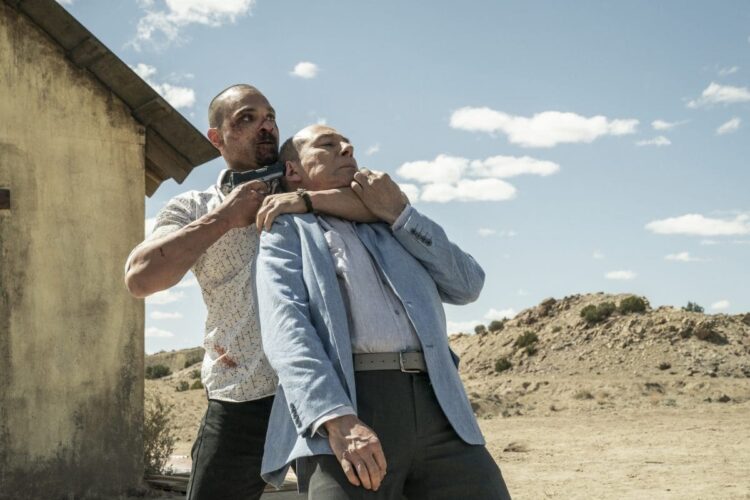
I covered this in the beginning, but Nacho’s character was always marked for death. It has nothing to do with the fact that he was never in Breaking Bad. He was always put in precarious situations and given the world he lived in, there was a time limit on how long he would survive. To Vince Gilligan’s credit, he always found an interesting way to use him throughout the prequel.
Since Nacho was in a precarious position, with every dangerous mission he had a question mark, “Will Nacho die tonight?”. Better Call Saul did an excellent job of balancing this act without going overboard with his situation. Nacho never felt invincible. And each of these dangerous moments was a realistic escape for the character. His death in Rock and Hard Place was still shocking because it came at the expense of himself. Nacho understood his fate and was tired of fighting, so he pulled one last heroic move before pulling the trigger.
Rock and Hard Place Confirmed That Nacho Was An Anti-Hero
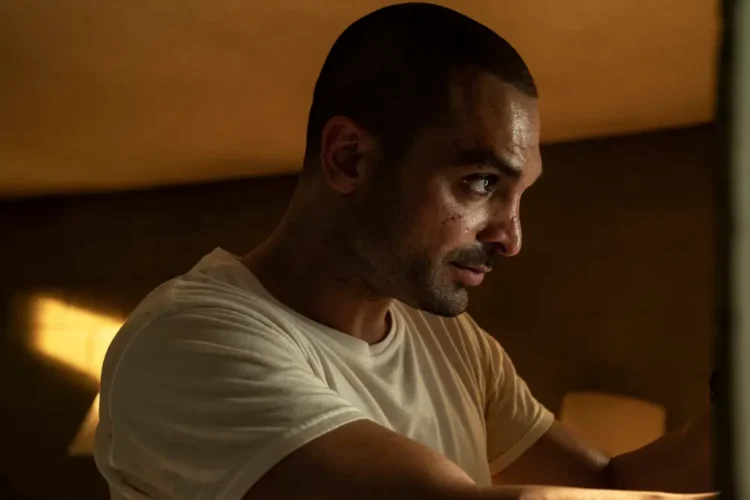
His final moments were done to protect his father. It’s an honorable trait that the show built upon nicely. The intimate moment during his last phone call with his father was gut-wrenching. He knew it was the end, but he didn’t want to worry his father. If it isn’t clear, Michael Mando is brilliant throughout the series. Most of his acting comes through in facial expressions.
He doesn’t speak much, but you can often see the pain, frustration, and anguish he displays in his body language. When Nacho gives his final speech, it’s powerful because he knows it’s his final moment. He’s doing everything right to protect his father. Yet, he’s not backing down from Hector and his goons.
Every move he makes is calculated. More importantly, he does value human lives. Not every decision he made was a popular one. However, it’s the vulnerability and genuine emotions that make him anything like Gus or Hector. He was a strong character from beginning to end, and it’s a shame that Mando didn’t get more recognition from the Emmy voters for his tremendous performance.
 Follow Us
Follow Us
